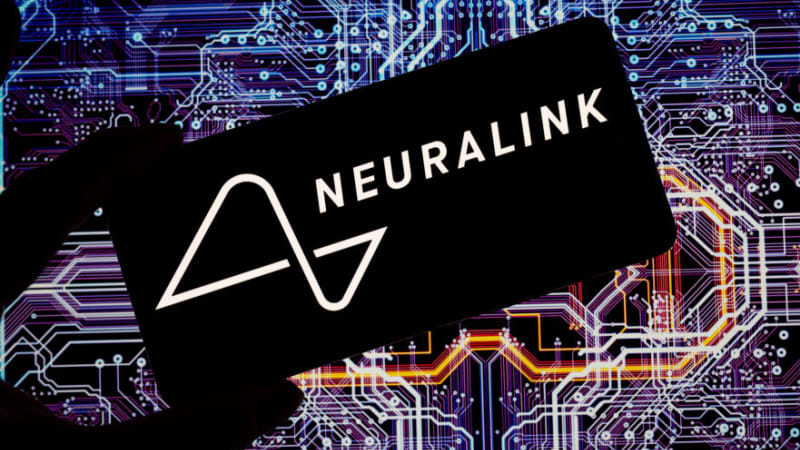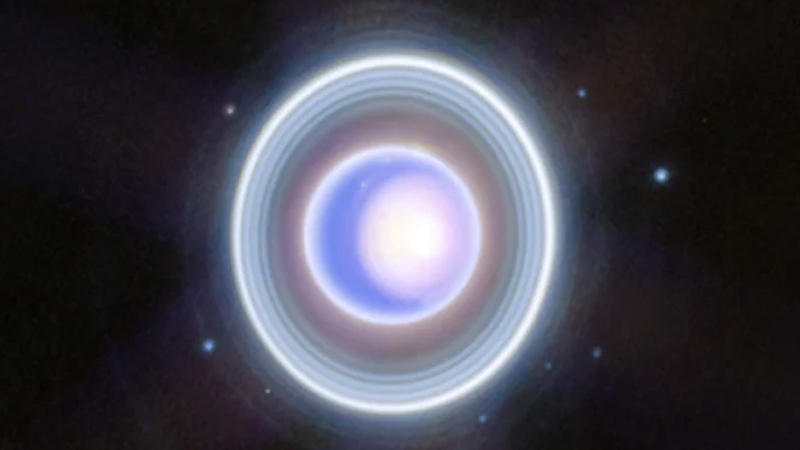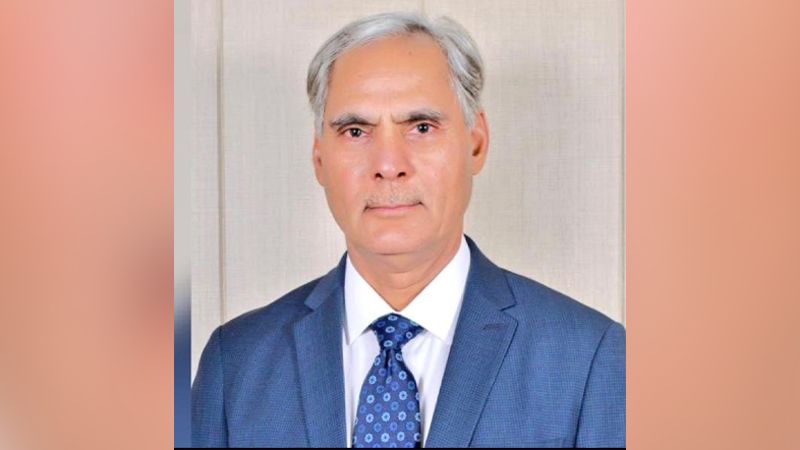The Food and Drug Administration (FDA) has granted permission to Neuralink, a company owned by Elon Musk, to implant its wireless brain chip in a second human subject. This approval comes despite reports of technical issues with the device in the first patient, as reported by the Daily Mail.
Neuralink secured this new authorization after addressing the complications faced by the initial recipient, a 29-year-old named Noland Arbaugh. Earlier this month, the California-based company disclosed in a blog post that many of the tiny threads from Arbaugh’s implant had retracted from his brain, according to *CNBC*.
Elon Musk’s tech venture aims to use its brain-computer interface (BCI) technology to help people with paralysis control external devices with their minds. On its website, Neuralink describes the system, called the Link, which can record brain signals using 1,024 electrodes embedded in 64 threads, each thinner than a human hair.
Neuralink, founded in 2016, conducted its first human implant in Arbaugh this January. In March, a live-streamed video showed Arbaugh using the BCI to play chess. The company announced in April that the surgery had gone “extremely well.”
However, post-surgery developments revealed that the retraction of the threads significantly reduced the number of effective electrodes, hindering the device’s ability to accurately record and interpret brain signals. This issue compromised the system’s overall performance in translating neural activity into cursor movements.
In response, Neuralink stated that it had modified its recording algorithm, enhanced the user interface, and improved techniques for signal translation to address these setbacks.
The FDA’s latest approval marks a significant milestone for Neuralink as it continues to refine its groundbreaking technology with the hope of revolutionizing treatment for neurological conditions.











Leave a Reply